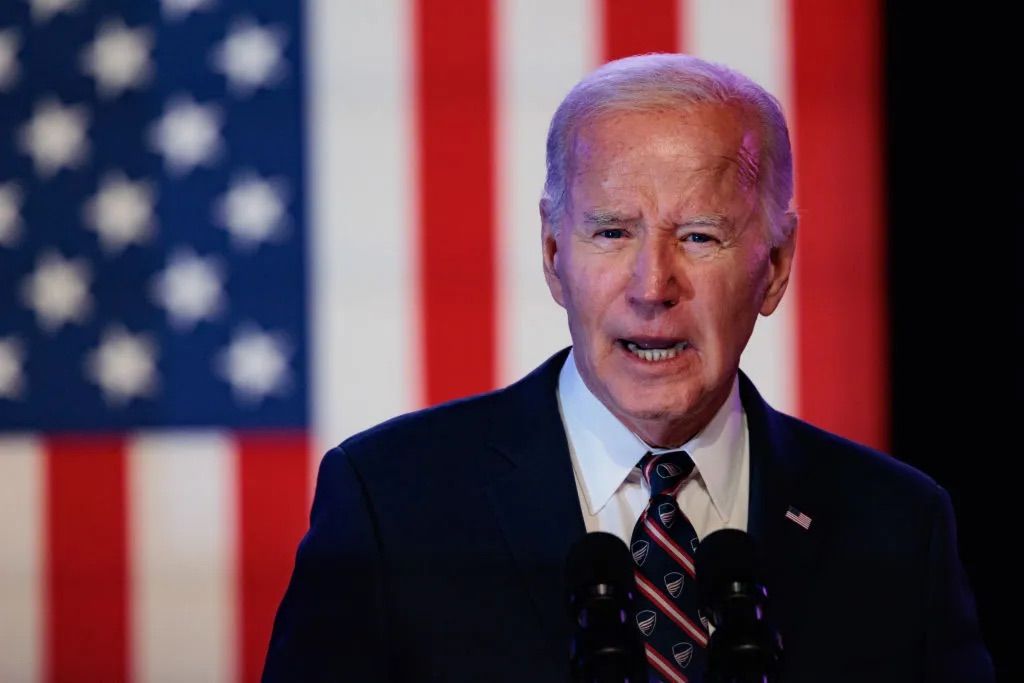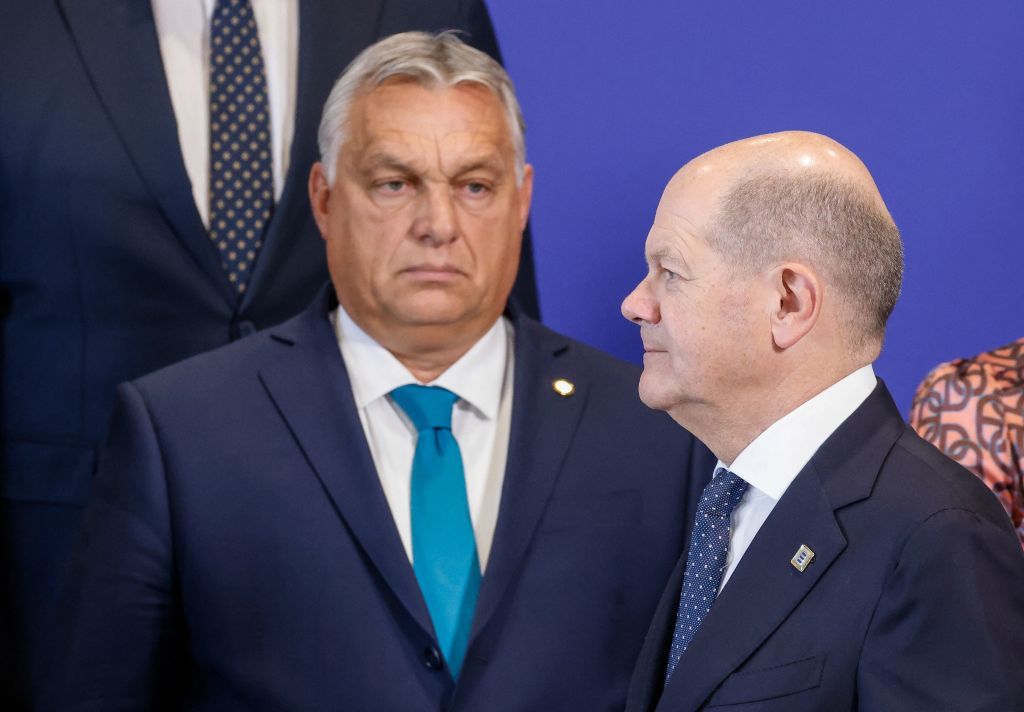Senate advances Ukraine, Israel aid in procedural vote

The U.S. Senate voted to proceed with a stripped-down foreign aid package that includes funds for Ukraine, Israel, and Taiwan without reforms to border policy, potentially paving the way for passage after Republicans blocked a bipartisan border security and foreign aid bill.
The Senate agreed earlier today to proceed with a $95 billion"Plan B" bill to send aid to Ukraine and Israel separate from U.S. border funding.
The package contains $60 billion for Ukraine, $14.1 billion in aid to Israel, $9.2 billion in humanitarian assistance, and $4.8 billion to support regional partners in the Indo-Pacific region.
The previous version of the bill, which combined U.S. border reform with $60 billion in aid for Ukraine, was separated into a foreign aid package after Senate Republicans rejected the mixed bill on Feb. 7.
Senators can now begin consideration of the package following a 67-32 vote, however, it's not yet certain that the bill will be able to win the votes for final passage.
Senators may be forced to vote in a session over the weekend, a rare occurrence for the chamber.
Republicans in the Senate are reportedly split about whether to approve or filibuster the new bill.
According to NBC, Republican senators met this morning to discuss their options and potential demands for amendments to wrap up passage speedily. Republicans may reject any form of Ukraine aid if it does not include extremely conservative reforms of U.S. border policies.
Politico reported that Sen. Rand Paul, who typically opposes foreign aid legislation, said he is planning to object to any attempts to speed up passage of the aid bill unless it addresses the southern border in a way he finds adequate.
"The (vote to advance) will probably be successful and then we'll be on a timeline that could take us to next Tuesday unless there's some time yielded back," Republican Senator John Cornyn said earlier today.
The Senate's Democratic leadership stressed that it will keep senators in D.C. until the supplemental is resolved.
Senate leaders from both parties, helmed by Republican James Lankford, conducted months of closed-door negotiations on a border deal after Senate Republicans killed a funding bill that included $60 billion for Ukraine in December.
Republicans demanded that the package include reforms to U.S. border policy.














